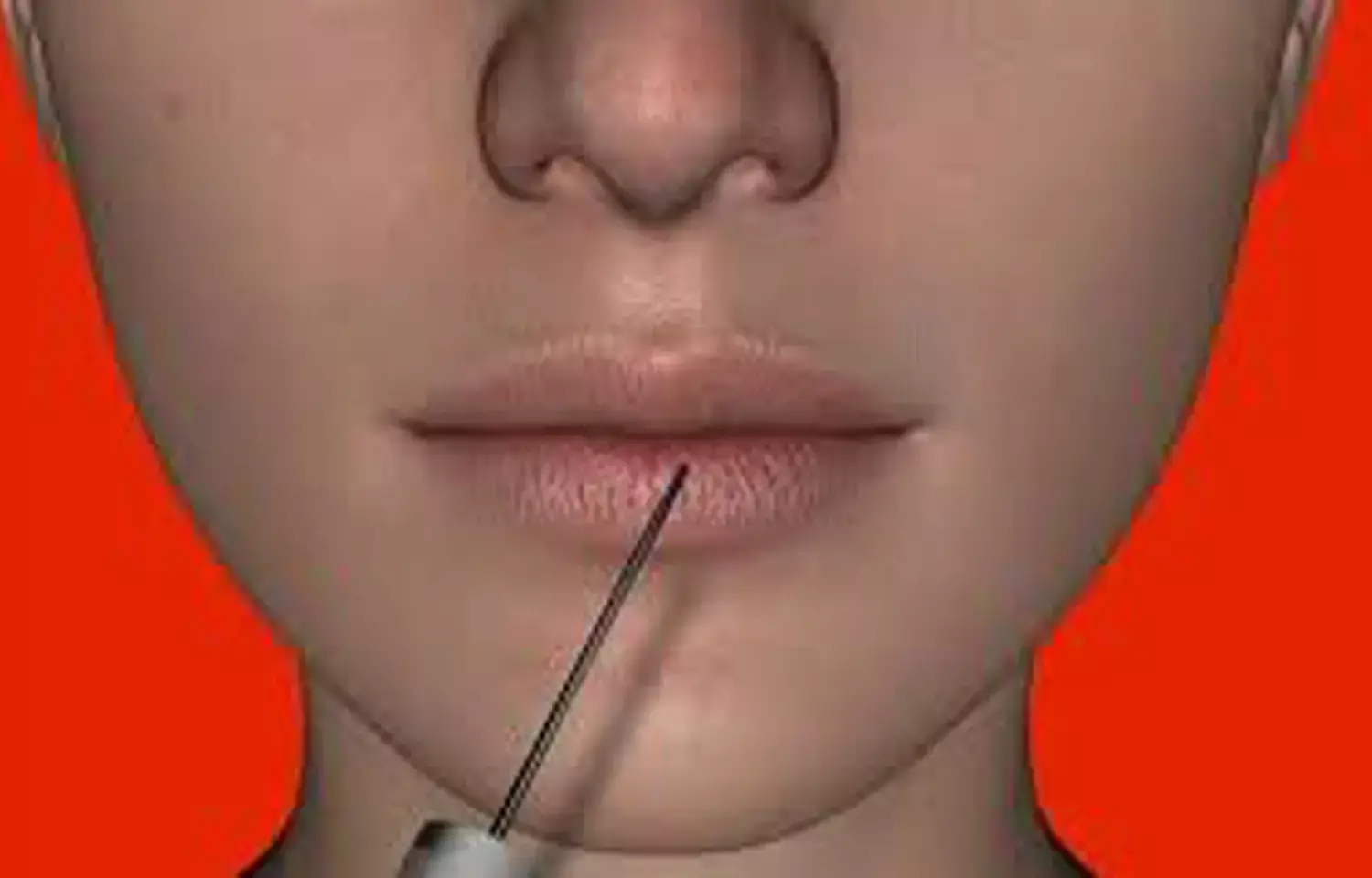- Home
- Medical news & Guidelines
- Anesthesiology
- Cardiology and CTVS
- Critical Care
- Dentistry
- Dermatology
- Diabetes and Endocrinology
- ENT
- Gastroenterology
- Medicine
- Nephrology
- Neurology
- Obstretics-Gynaecology
- Oncology
- Ophthalmology
- Orthopaedics
- Pediatrics-Neonatology
- Psychiatry
- Pulmonology
- Radiology
- Surgery
- Urology
- Laboratory Medicine
- Diet
- Nursing
- Paramedical
- Physiotherapy
- Health news
- Fact Check
- Bone Health Fact Check
- Brain Health Fact Check
- Cancer Related Fact Check
- Child Care Fact Check
- Dental and oral health fact check
- Diabetes and metabolic health fact check
- Diet and Nutrition Fact Check
- Eye and ENT Care Fact Check
- Fitness fact check
- Gut health fact check
- Heart health fact check
- Kidney health fact check
- Medical education fact check
- Men's health fact check
- Respiratory fact check
- Skin and hair care fact check
- Vaccine and Immunization fact check
- Women's health fact check
- AYUSH
- State News
- Andaman and Nicobar Islands
- Andhra Pradesh
- Arunachal Pradesh
- Assam
- Bihar
- Chandigarh
- Chattisgarh
- Dadra and Nagar Haveli
- Daman and Diu
- Delhi
- Goa
- Gujarat
- Haryana
- Himachal Pradesh
- Jammu & Kashmir
- Jharkhand
- Karnataka
- Kerala
- Ladakh
- Lakshadweep
- Madhya Pradesh
- Maharashtra
- Manipur
- Meghalaya
- Mizoram
- Nagaland
- Odisha
- Puducherry
- Punjab
- Rajasthan
- Sikkim
- Tamil Nadu
- Telangana
- Tripura
- Uttar Pradesh
- Uttrakhand
- West Bengal
- Medical Education
- Industry
Botox for TMJ disorders not linked to bone loss in the short term, finds study

Botox injections to manage jaw and facial pain do not result in clinically significant changes in jaw bone when used short term and in low doses, according to researchers at NYU College of Dentistry. However, they found evidence of bone loss when higher doses were used.
The researchers, whose findings are published in the Journal of Oral Health Rehabilitation, call for further clinical studies to track bone- and muscle-related changes with long-term use of Botox for TMJD, or temporomandibular muscle and joint disorders.
TMJDs are a group of common pain conditions that occur in the jaw joint and surrounding muscles, with the most common type involving the muscles responsible for chewing. While many individuals manage their TMJD symptoms with conservative treatments such as jaw exercises, oral appliances, dietary changes, and pain medication, some do not respond to these treatments.
Botox (or botulinum toxin), an FDA-approved injectable drug known for its wrinkle-reducing capabilities, is approved to treat certain muscle and pain disorders, including migraines. It works in part by temporarily paralyzing or weakening muscles. In the U.S., a Phase 3 clinical trial is currently underway to study the use of Botox to treat TMJD, but in the meantime, it is increasingly being used off-label.
Thus far, small studies using Botox to treat TMJD in humans have had mixed results. In animal studies, Botox injections in jaw muscles have led to major bone loss in the jaw. This is thought to be due to the muscles not being used to exert force needed for bone remodeling, but Botox may also have a direct effect on bone resorption, the process of breaking down bone tissue.
"Given these concerning findings from animal studies, and the limited findings from clinical studies, more research on the safety of Botox for jaw muscles and bones is critically important," said Karen Raphael, professor in the Department of Oral and Maxillofacial Pathology, Radiology and Medicine at NYU College of Dentistry and the study's lead author.
The NYU study included 79 women with TMJD affecting their facial muscles: 35 of whom received Botox injections (between two and five rounds in the past year) and 44 who were not treated with Botox but may have used other TMJD treatments. Using specialized CT scans, the researchers measured participants' jaw bone density and volume.
The researchers found that jaw bone density and volume were similar between women who had Botox injections to treat their TMJD and those who did not. While most study participants were given relatively low doses of Botox--smaller than in most clinical trials for TMJD--individuals who received higher doses of Botox were more likely to have lower bone density.
Raphael and her colleagues recommend that more human studies be conducted to better understand the impact of the long-term use of Botox on jaw muscles and bones--and whether it just reduces muscle force on bone or also plays a direct role in altering bone resorption.
"Should Botox receive regulatory approval for the treatment of TMJD, we would recommend that a phase IV study be done using low-radiation CT and MRI to track bone- and muscle-related changes with Botox use, examining both dose and long-term use," said Raphael. "Unless specialized imaging of muscle and bone are conducted among patients who receive Botox treatment over long periods, true cumulative effects will remain unknown."
Hina Zahid Joined Medical Dialogue in 2017 with a passion to work as a Reporter. She coordinates with various national and international journals and association and covers all the stories related to Medical guidelines, Medical Journals, rare medical surgeries as well as all the updates in the medical field. Email: editorial@medicaldialogues.in. Contact no. 011-43720751
Dr Kamal Kant Kohli-MBBS, DTCD- a chest specialist with more than 30 years of practice and a flair for writing clinical articles, Dr Kamal Kant Kohli joined Medical Dialogues as a Chief Editor of Medical News. Besides writing articles, as an editor, he proofreads and verifies all the medical content published on Medical Dialogues including those coming from journals, studies,medical conferences,guidelines etc. Email: drkohli@medicaldialogues.in. Contact no. 011-43720751


